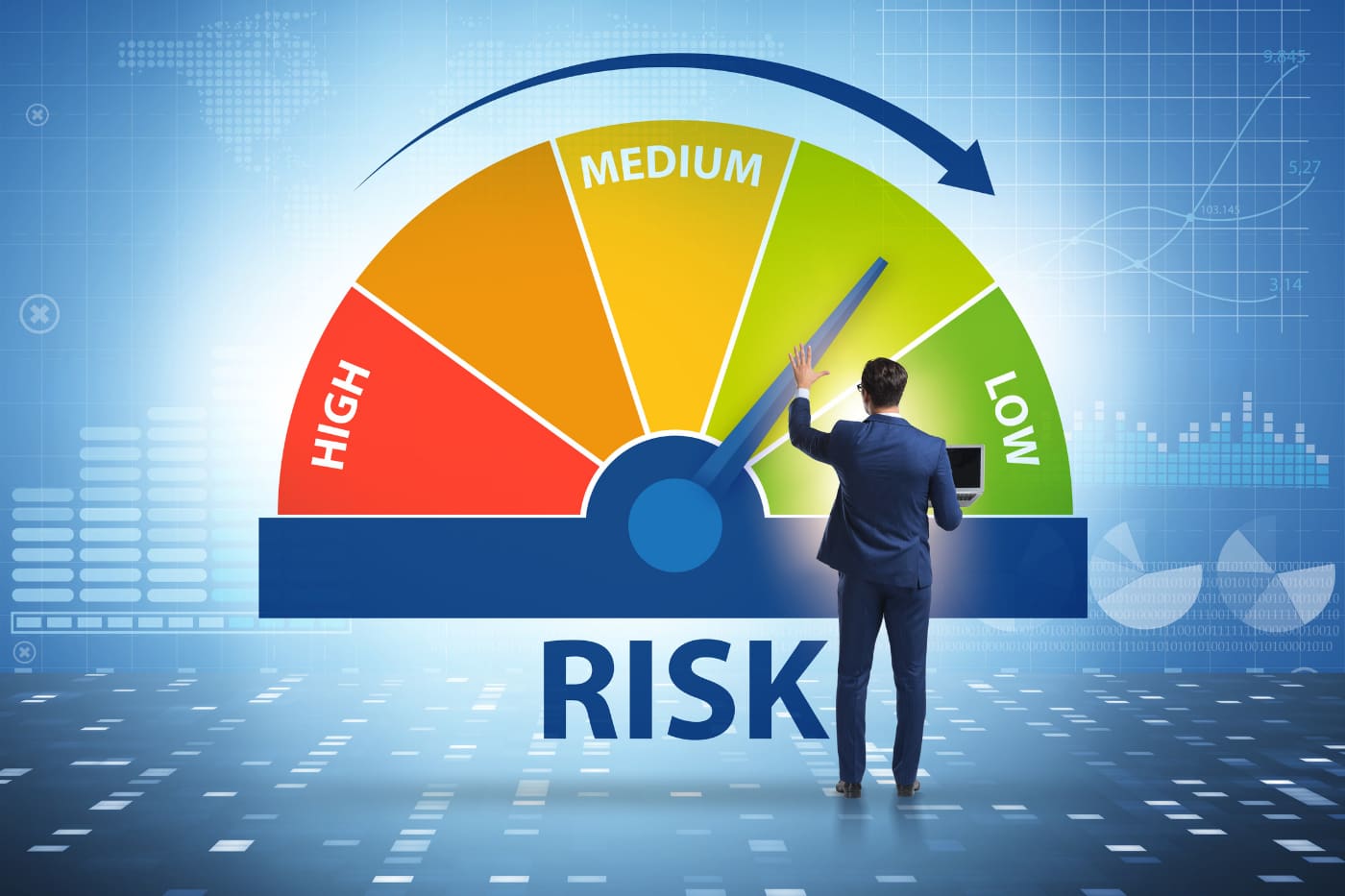Business Insurance Risk Management is an inherent part of any business, and the ability to manage it effectively is crucial for long-term success and sustainability. Business insurance, a fundamental component of risk management, plays a pivotal role in protecting companies from unforeseen circumstances that could jeopardize their financial stability and reputation. In this comprehensive article, we will delve into the intricate world of business insurance risk management, examining its importance, types, strategies, and best practices.
Understanding Risk Management
Defining Risk Management
Risk management is a systematic process that involves identifying, assessing, and mitigating potential risks to achieve business objectives. In the context of business insurance, it is the process of identifying and managing risks by transferring some of them to an insurance provider, thereby safeguarding the financial health of the organization.
The Importance of Risk Management
Effective risk management is vital for businesses for several reasons:
- Financial Stability: Insurance helps protect a business from financial ruin in the event of unforeseen incidents, such as natural disasters, accidents, or lawsuits.
- Legal Compliance: Many forms of insurance are mandatory, such as workers’ compensation or liability insurance, to ensure legal compliance.
- Competitive Advantage: A well-structured risk management plan can be a competitive advantage, as it instills confidence in stakeholders, including customers, investors, and employees.
- Business Continuity: Insurance coverage can facilitate business continuity, allowing companies to recover quickly from setbacks and maintain operations.
The Risk Management Process
The risk management process comprises the following steps:
- Identification of Risks: Identifying potential risks by assessing various aspects of the business, including operations, finances, and external factors.
- Risk Assessment: Evaluating the likelihood and impact of identified risks to prioritize them.
- Risk Mitigation: Developing strategies to manage or reduce risks, such as implementing safety measures, policies, or procuring insurance.
- Insurance Coverage: Purchasing appropriate insurance policies to protect the business against specific risks.
- Monitoring and Review: Continuously monitoring and reviewing the risk management plan to adapt to changing circumstances.
Types of Business Insurance
Property Insurance
Property insurance covers damage to physical assets such as buildings, equipment, and inventory due to events like fire, theft, or vandalism. This type of insurance is essential for protecting a business’s physical assets.
Liability Insurance
Liability insurance shields businesses from legal liabilities and financial obligations resulting from accidents, negligence, or claims of damage or injury by third parties. Common types include general liability, professional liability, and product liability insurance.
Workers’ Compensation
Workers’ compensation insurance provides coverage for employees who suffer work-related injuries or illnesses. It ensures that employees receive medical care and compensation while protecting the employer from potential lawsuits.
Business Interruption Insurance
Business interruption insurance assists companies in covering lost income and operating expenses during periods of business disruption due to unforeseen events, like natural disasters or equipment breakdowns.
Cybersecurity Insurance
In the digital age, cybersecurity insurance is essential for protecting businesses from data breaches and cyberattacks. It covers the cost of investigations, data recovery, and potential lawsuits.
Commercial Auto Insurance
This type of insurance covers vehicles used for business purposes. It protects against accidents, damage to the vehicle, and liability for injuries or property damage caused by company vehicles.
Directors and Officers Insurance
Directors and officers insurance protects executives and board members from personal financial liability arising from decisions made on behalf of the company. It is crucial for attracting and retaining top talent.
Health Insurance
Health insurance is offered to employees as part of their compensation package, helping to attract and retain a skilled workforce while promoting their well-being.
Environmental Insurance
Environmental insurance provides coverage for businesses dealing with environmental risks, such as pollution and cleanup costs. It is crucial for industries that may face environmental liability issues.
Specialized Insurance
Some businesses require specialized insurance policies tailored to their unique risks. Examples include aviation insurance, entertainment insurance, and fine art insurance.
Strategies for Effective Business Insurance Risk Management
Assess Your Risks
To create a robust risk management plan, it is essential to conduct a comprehensive risk assessment. This includes identifying potential risks within your industry, market, operations, and specific business activities.
Customized Insurance Solutions
Rather than opting for generic insurance plans, tailor your coverage to meet your specific needs. Work closely with an insurance agent who understands your industry and can recommend appropriate coverage.
Risk Mitigation
Implement risk mitigation measures to reduce the likelihood or severity of potential threats. This might include safety protocols, disaster preparedness, or contractual agreements.
Regular Review and Updates
Your business is constantly evolving, and so are your risks. Regularly review your risk management plan and insurance coverage to ensure they remain relevant and effective.
Benchmark Against Industry Standards
Look at what your competitors and industry leaders are doing in terms of risk management and insurance. Benchmarking can help you identify areas where you may be falling short.
Employee Training
Educate your employees on risk management best practices. Informed employees can play an integral role in reducing operational risks.
Consult with Professionals
Consult with insurance experts, risk management consultants, and legal advisors to ensure that you are adequately protected and complying with all legal requirements.
Best Practices in Business Insurance Risk Management
Seek Comprehensive Coverage
Ensure that your insurance coverage is comprehensive, covering various aspects of your business operations, assets, and liabilities. This can help minimize coverage gaps.
Review Policies Regularly
As your business evolves, so do your risks. Periodically review your insurance policies and make adjustments to align with your current needs.
Maintain Adequate Documentation
Proper record-keeping is essential for insurance claims. Maintain clear and organized documentation of assets, policies, and incident reports.
Employee Engagement
Involve your employees in risk management. Encourage them to report potential risks and provide them with resources to understand their role in the process.
Build a Relationship with an Insurance Agent
Develop a strong relationship with a trusted insurance agent who understands your business and can provide valuable advice on coverage options and risk management.
Risk Transfer Mechanisms
Consider risk transfer mechanisms such as deductibles and self-insurance. These can help reduce insurance premiums while retaining some financial responsibility.
Conclusion on Business Insurance Risk Management
In a dynamic and unpredictable business environment, risk management is not an option; it is a necessity. Business insurance plays a vital role in this process, helping companies protect their assets, employees, and reputation. By following the strategies and best practices outlined in this article, businesses can develop comprehensive risk management plans and insurance coverage that align with their specific needs, ensuring long-term stability and success.





